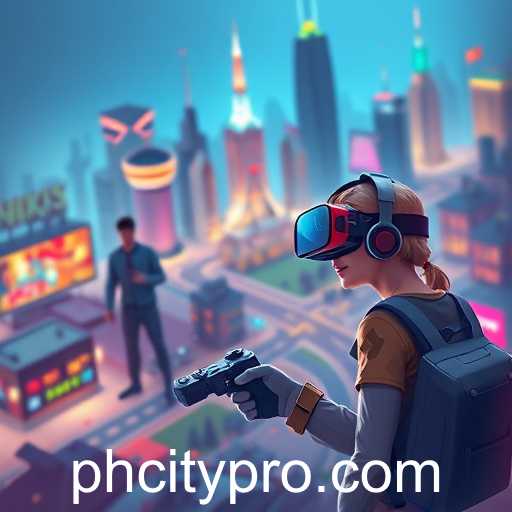In the digital landscape of 2025, gaming has transcended its traditional role as mere entertainment, evolving into a powerful social phenomenon. The rise of online gaming communities has revolutionized how individuals connect and interact in virtual spaces. One notable example is "phcity," a popular keyword associated with an English game website that has spurred a thriving online community.
The influence of online gaming platforms is undeniable, as they foster environments where players from diverse backgrounds congregate to share experiences, strategies, and stories. These digital hubs have become the new social gathering places, replacing traditional community spaces in many respects. "Phcity" serves as a testament to this shift, as it attracts millions of users seeking both recreation and connection.
In recent years, the social dynamics within these gaming communities have gained the attention of sociologists and digital culture experts. The emergent trends show an inclination towards inclusivity, as platforms like "phcity" encourage collaboration across geographical and cultural boundaries. This global connectivity challenges conventional notions of community and fosters a sense of belonging among participants.
However, the rise of online gaming has not been without its challenges. Concerns about excessive screen time, data privacy, and virtual addiction persist. Regulators and stakeholders within the gaming industry are continuously working towards solutions that balance community building with responsible gaming practices.
In the context of current events, the ongoing developments in virtual reality (VR) technology and augmented reality (AR) present additional dimensions for community interaction. These advancements promise more immersive and interactive experiences, pushing the boundaries of what online gaming communities can achieve.
The dynamic world of online gaming continues to evolve, with sites like "phcity" at the forefront of this digital revolution. As technology progresses, these communities will likely become increasingly integral to our social fabric, serving not just as platforms for play, but as vital spaces for human connection and expression.








